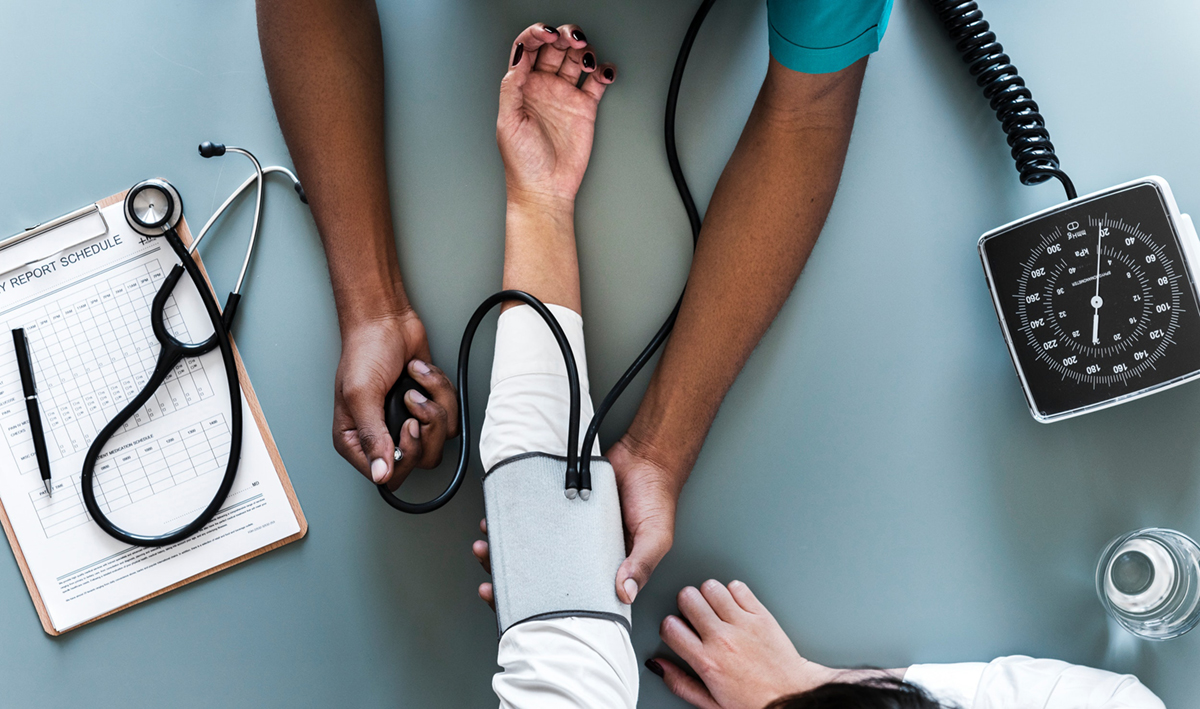
Nebivolol, also known as Bystolic®, is a prescription drug that works as beta blocker drug and it is approved as a hypertension treatment, or a treatment for high blood pressure. Blood pressure is measured in a two number combination: top number represents systolic blood pressure and bottom one represents diastolic blood pressure. An average blood pressure higher than 140/90, means a high blood pressure.
Blood pressure always varies so this is why multiple measurements are necessary, it mean measuring blood pressure every day in a role or even more then once. The drug called nebivolol showed out in some clinical studies to lower diastolic and systolic blood pressure. The higher dosage of nebivolol taken, the lower blood pressure will be. Nebivolol lowers risks from a high blood pressure that can be occurring for a long time. But even if nebivolol successfully decreases high blood pressure the studies regarding this medicine were not done long enough.
Nebivolol works in a way to block specific beta receptor, the beta-1 receptors reversing a stress hormones effect and that way lowering heart rate and blood pressure. The drug is a beta-adrenergic blocking agent, and that is why it is called beta blocker. Beta receptors are located on many places; most specifically they are located in blood vessels and in the heart. Adrenaline, a stress hormones ties to receptors, provoking certain reactions in body such as: constrictions of blood vessels, increasing of heart rate, faster heart pumps of blood and making a higher blood pressure. The drug is not welcomed to be used on children, only with adults.
Medication nebivolol can treat other conditions as well, for instance treatment of heart failure, to prevent migraine, treatment of alcohol withdrawal condition, treatment of after heart attack, hyperthyroidism, a chest pain due to angina, treatment of abnormal arrhythmias, anxiety or social phobias etc.
Side Effects
Many times clinical trials have tested the drug nebivolol. The tests confirmed that nebivolol side effects are diarrhea to 3 %, headache to 9 %, fatigue to 5 %, dizziness to 4 %, and insomnia to 1 % and nausea to 3 %. Fatigue, nausea and headache are most common and if there are serious it is a good idea to see a doctor. Serious side effects are difficult breathing, sudden rash, and fainting. But the tests prove that most people tolerate nebivolol. There are some potential infrequent serious side effects that need doctor intervention such as gout, chest pain, high level of cholesterol, slow heart rate, painful breathing, hypotension, fainting, asthma getting worse, heart failure getting worse, high level of triglycerides etc.
There are also symptoms of an allergic reaction as a side effect such as wheezing, itching, hives, unexplained rash, sudden swelling, and difficulty of breathing or even swallowing.


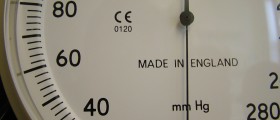



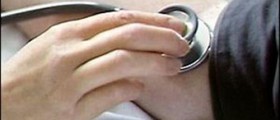
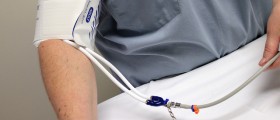

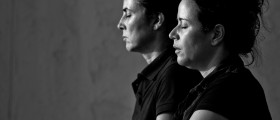
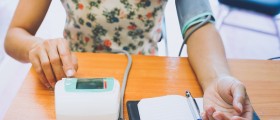
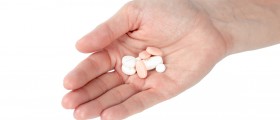
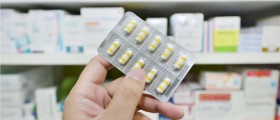
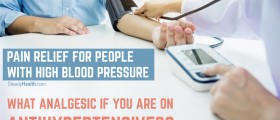
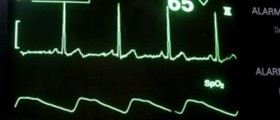
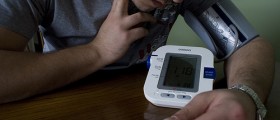
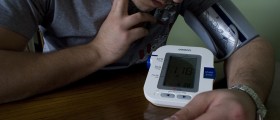
Your thoughts on this
Loading...